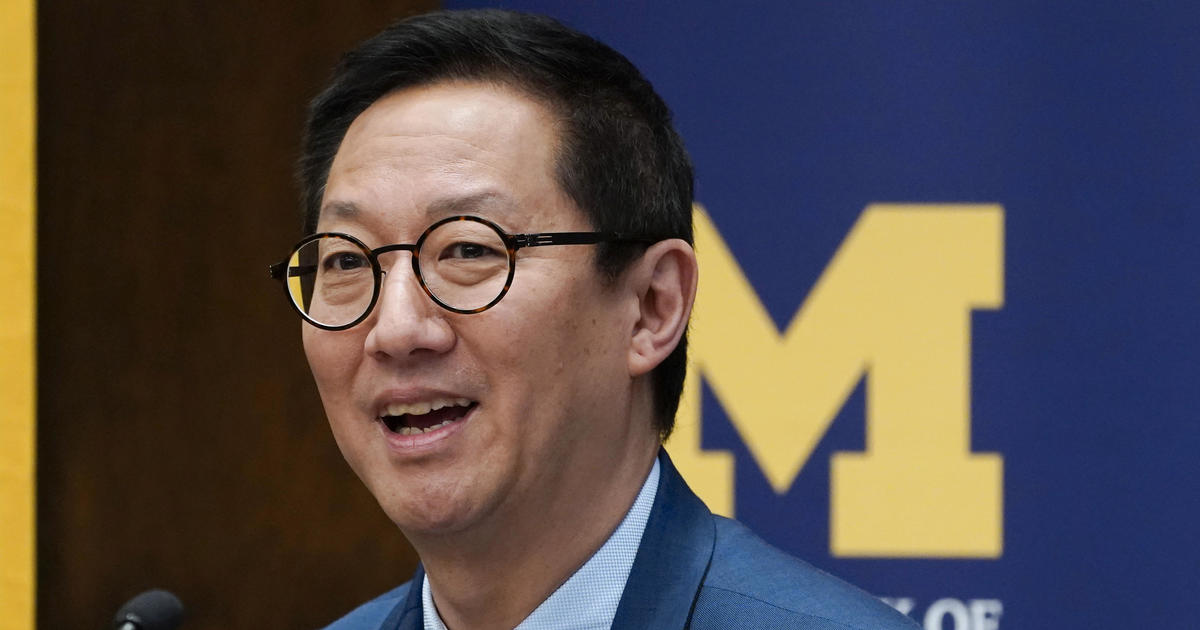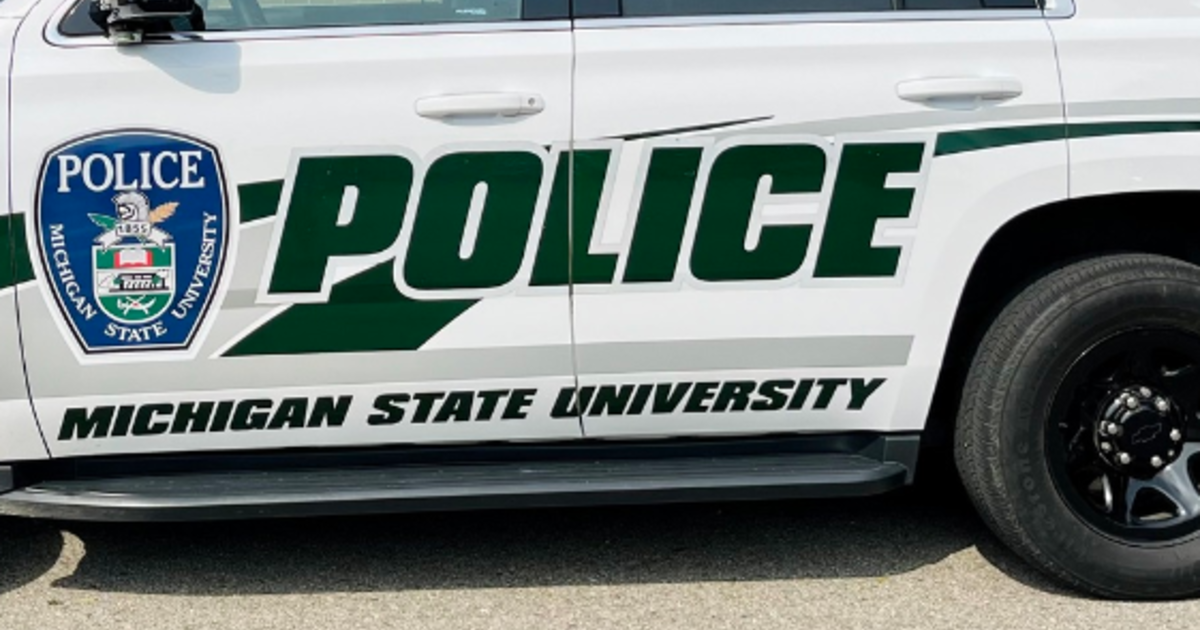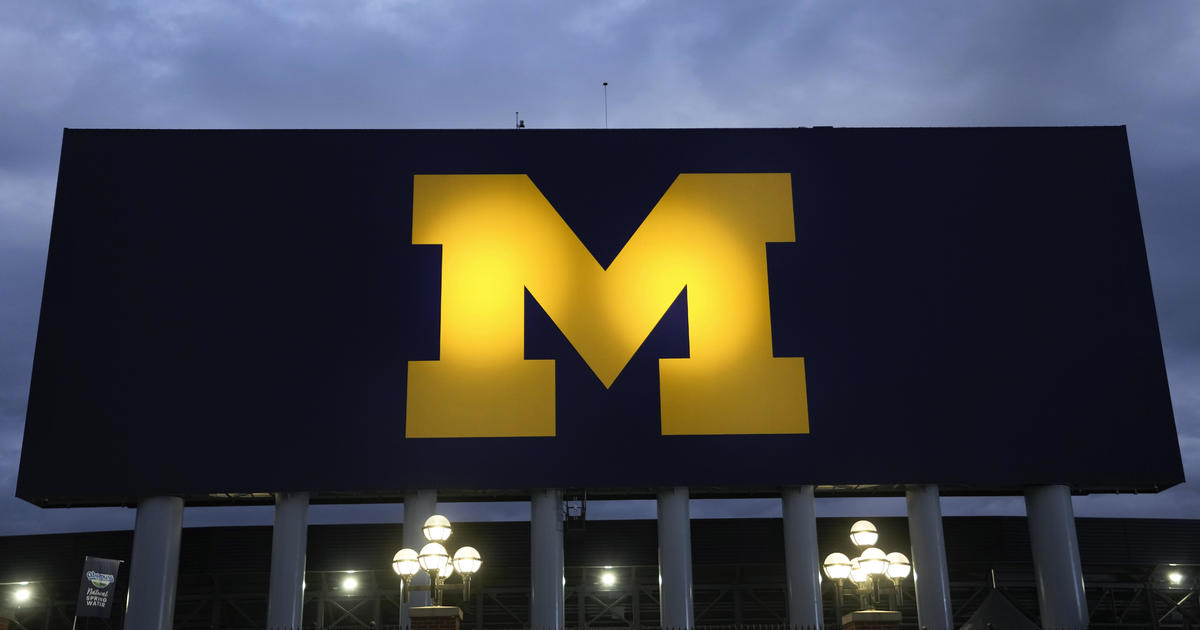Michigan Technological University Saves $1 Million Using BridgeWave 80 GHz Ethernet Links
A California company has saved Michigan Technological University $1 million by using 80-gigahertz millimeter-wave wireless data systems to connect several campus buildings across the Portage Canal separating Houghton and Hancock.
The gigabit wireless Ethernet bridges from Santa Clara, Calif.-based BridgeWave Communications eliminate the network disruptions the campus had struggled with previously, while providing an affordable alternative to fiber.
Founded in 1885, Michigan Tech is a public research university offering programs including engineering, computer engineering, science, forestry and physics. As the university continued to expand, the IT department experienced challenges maintaining connectivity to several remote locations. While adequate during their initial deployments, the unlicensed microwave links were becoming prone to interference issues, yielding unacceptable levels of performance as demands on the network increased.
Shane Godmere, senior telecommunications engineer at Michigan Tech, explored solutions that would eliminate the interference issues and offer ample bandwidth for the various applications being transported across the networks, including large files of research data and a 24-hour data stream from surveillance cameras scattered across the campus.
"My team researched several alternatives, including laying fiber, but BridgeWave's links were the best solution for us," said Godmere. "BridgeWave's product was far superior to any of its competitors and offered fiber-equivalent support for a fraction of the cost."
Michigan Tech deployed combinations of AR80-AES, AR80X and FE80U systems, each taking less than two days to implement. Despite inclement weather during the Keweenaw Peninsula's notoriously snowy winters, the links continued to provide high availability and maintained connectivity to the campus network. The 80 GHz links also eliminated the need to trench under the nearby shipping canal, which saved the campus time and money as the deployment would have taken 24 months with initial cost estimates just under a million dollars. It was also more economical than what commercial providers could have offered.
An added benefit to the use of full-rate gigabit connections across facilities was the consolidation of servers on campus. Previously, distributed servers were needed to provide instant access to data due to the bandwidth constraints and interference levels of the unlicensed solutions. With gigabit connectivity on the network, these bottlenecks have been removed and remote users have the same network experience as local users.
The GigE wireless bridges have a highly secure, narrow antenna beam width, which is useful when transferring sensitive information across the campus network. BridgeWave's AdaptRate radios also include Advanced Encryption Standard, the strongest data encryption available. Michigan Tech's PCI-DSS in-scope compliance is much easier to attain with these characteristics.
"BridgeWave's gigabit Ethernet radios have solved our connectivity needs for sites that were difficult and costly to service with fiber," Godmere said. "Their products have provided us with carrier-grade connectivity, high availability and worked well within our budget. My team is thrilled with the time we've gotten back that was once wasted troubleshooting. BridgeWave's links have given my team peace of mind that our network won't go down or experience radio frequency interference. We've been able to organize campus IT departments into larger units and, now, services are running out of two main datacenters instead of multiple ones scattered across the campus."
Added BridgeWave president and CEO Amir Makleff: "Our high capacity wireless solutions provide fiber-equivalent network connectivity without the infrastructure costs. As bandwidth demands increase, university IT departments are faced with balancing the network needs with enabling greater productivity and efficiency for staff and students. 80 GHz links are an excellent alternative to fiber and support Michigan Tech's network requirements."
BridgeWave is exhibiting at the Educause 2011 event in Philadelphia, Pa.
For additional information about BridgeWave's offerings, visit: http://www.bridgewave.com/solutions/education.cfm.


